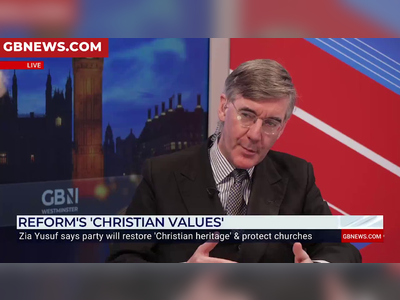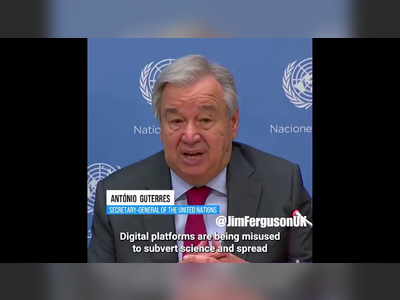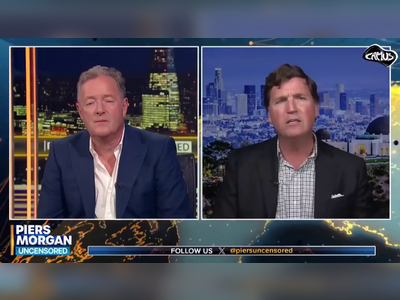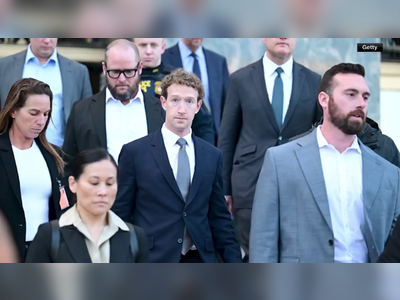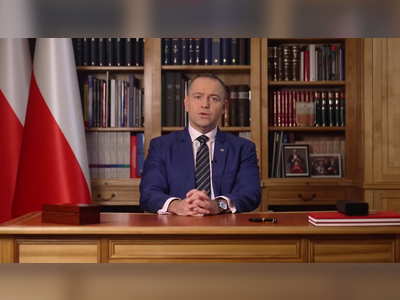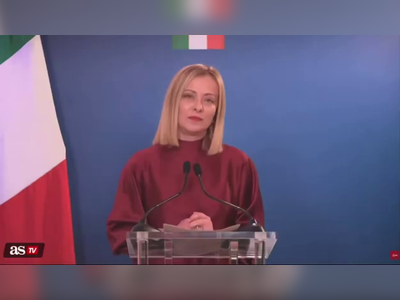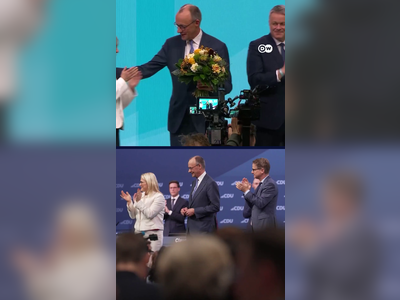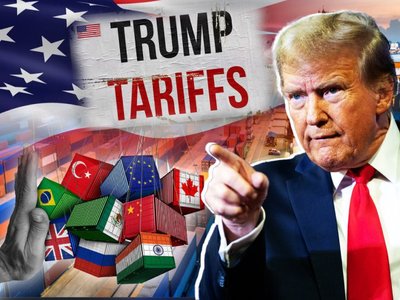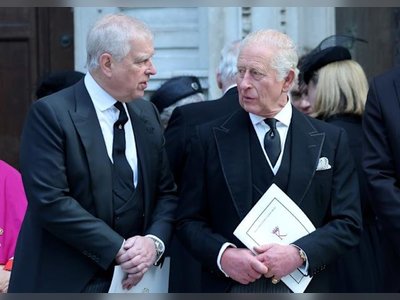Controversy in Dutch Football: KNVB Overrules Referee on Nick Fichtinger's Disallowed Goal
Dutch Football Association Rules PEC Zwolle's Disputed Goal as Legitimate, Sparked by VAR Intervention
In a surprising turn of events in Dutch football, the KNVB (Royal Dutch Football Association) has declared PEC Zwolle's contested goal against RKC Waalwijk as wrongly disallowed.
This decision follows a controversial intervention by the Video Assistant Referee (VAR) during their Eredivisie clash, which resulted in the annulment of Nick Fichtinger's potentially match-winning strike.
The incident occurred in the closing moments of the match when Fichtinger's celebration was abruptly halted by a VAR review led by Jannick van der Laan.
The decision to annul the goal provoked immediate outrage from players and fans alike, casting a shadow over the impartiality and effectiveness of VAR decisions in the league.
The KNVB's subsequent phone call to PEC Zwolle to address the incident underscores the sensitivity of the issue and the governing body's commitment to ensuring fairness in the beautiful game.
The association's acknowledgment of the error highlights ongoing debates about the integration of technology in football, with many arguing that human judgment cannot be entirely replaced by electronic systems.
This development raises questions about the reliability of VAR, which was introduced with the promise of reducing errors, yet continues to face criticism for its implementation and decision-making processes.
Coaches, players, and analysts worldwide are watching closely as leagues navigate these technological challenges, balancing the precision of replay technology with the intrinsic spontaneity of the sport.
As PEC Zwolle and RKC Waalwijk head into the winter break, Finnish player Nick Fichtinger's disallowed goal serves as a poignant reminder of the unpredictability and passion that define football, reigniting conversations about the future role of technology in adjudicating the game.
In the meantime, the KNVB's swift acknowledgment of their oversight is a step towards restoring trust among stakeholders, reaffirming the need for transparent and robust decision-making processes in the sport.
This decision follows a controversial intervention by the Video Assistant Referee (VAR) during their Eredivisie clash, which resulted in the annulment of Nick Fichtinger's potentially match-winning strike.
The incident occurred in the closing moments of the match when Fichtinger's celebration was abruptly halted by a VAR review led by Jannick van der Laan.
The decision to annul the goal provoked immediate outrage from players and fans alike, casting a shadow over the impartiality and effectiveness of VAR decisions in the league.
The KNVB's subsequent phone call to PEC Zwolle to address the incident underscores the sensitivity of the issue and the governing body's commitment to ensuring fairness in the beautiful game.
The association's acknowledgment of the error highlights ongoing debates about the integration of technology in football, with many arguing that human judgment cannot be entirely replaced by electronic systems.
This development raises questions about the reliability of VAR, which was introduced with the promise of reducing errors, yet continues to face criticism for its implementation and decision-making processes.
Coaches, players, and analysts worldwide are watching closely as leagues navigate these technological challenges, balancing the precision of replay technology with the intrinsic spontaneity of the sport.
As PEC Zwolle and RKC Waalwijk head into the winter break, Finnish player Nick Fichtinger's disallowed goal serves as a poignant reminder of the unpredictability and passion that define football, reigniting conversations about the future role of technology in adjudicating the game.
In the meantime, the KNVB's swift acknowledgment of their oversight is a step towards restoring trust among stakeholders, reaffirming the need for transparent and robust decision-making processes in the sport.
